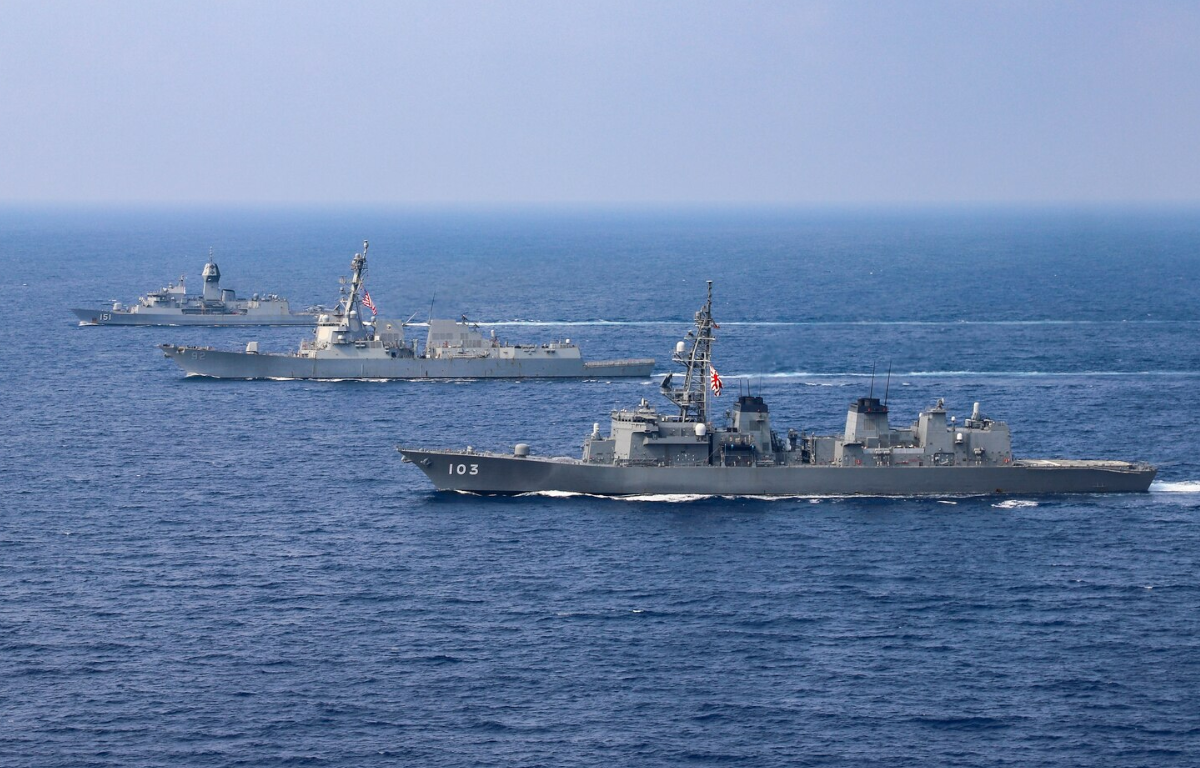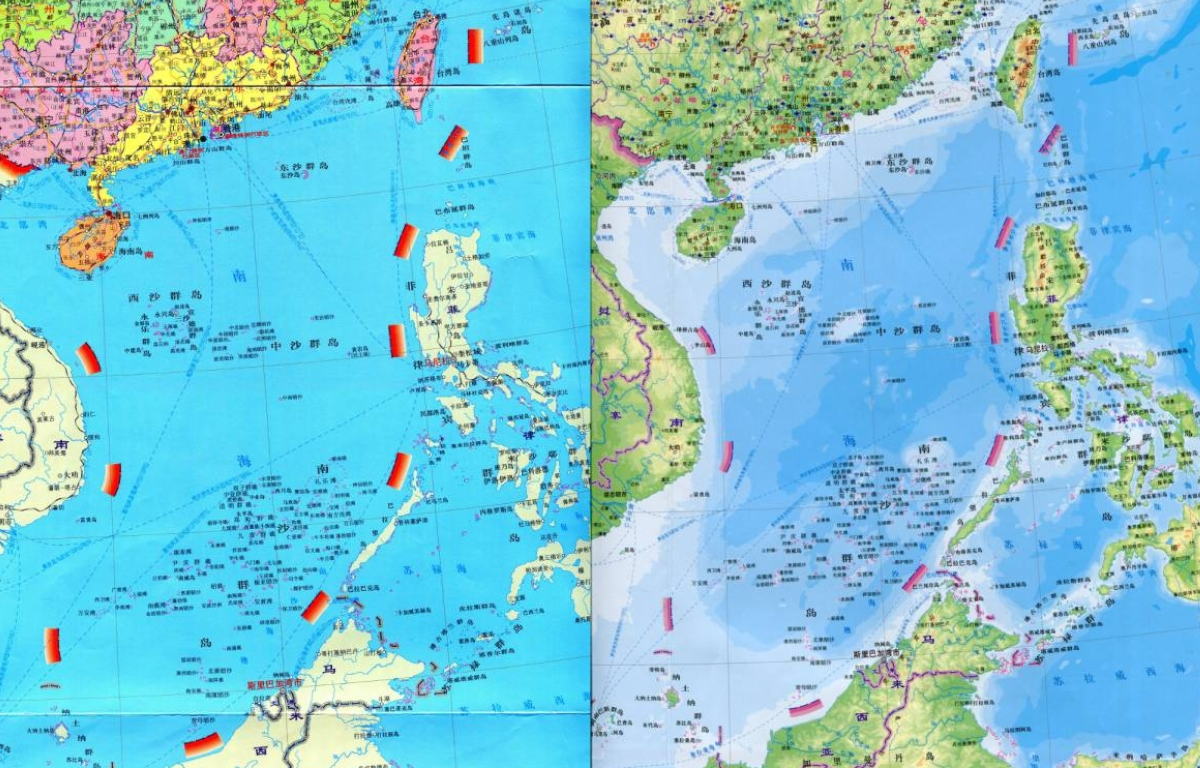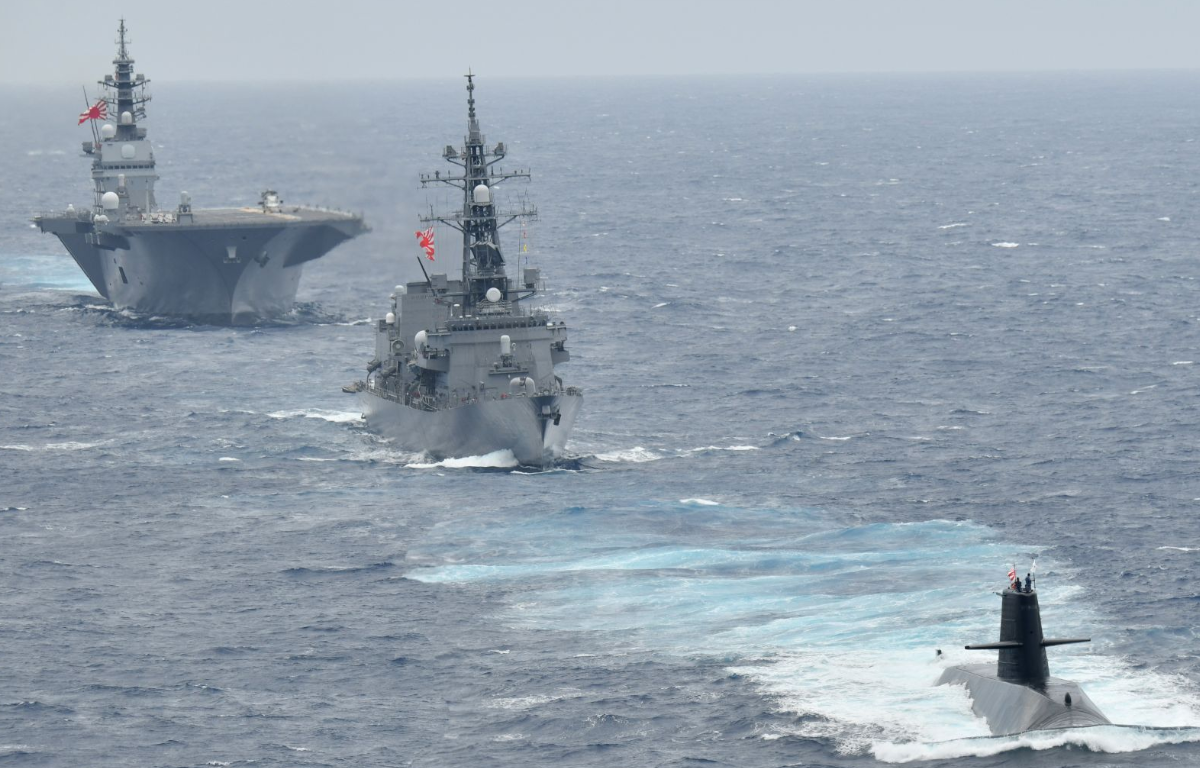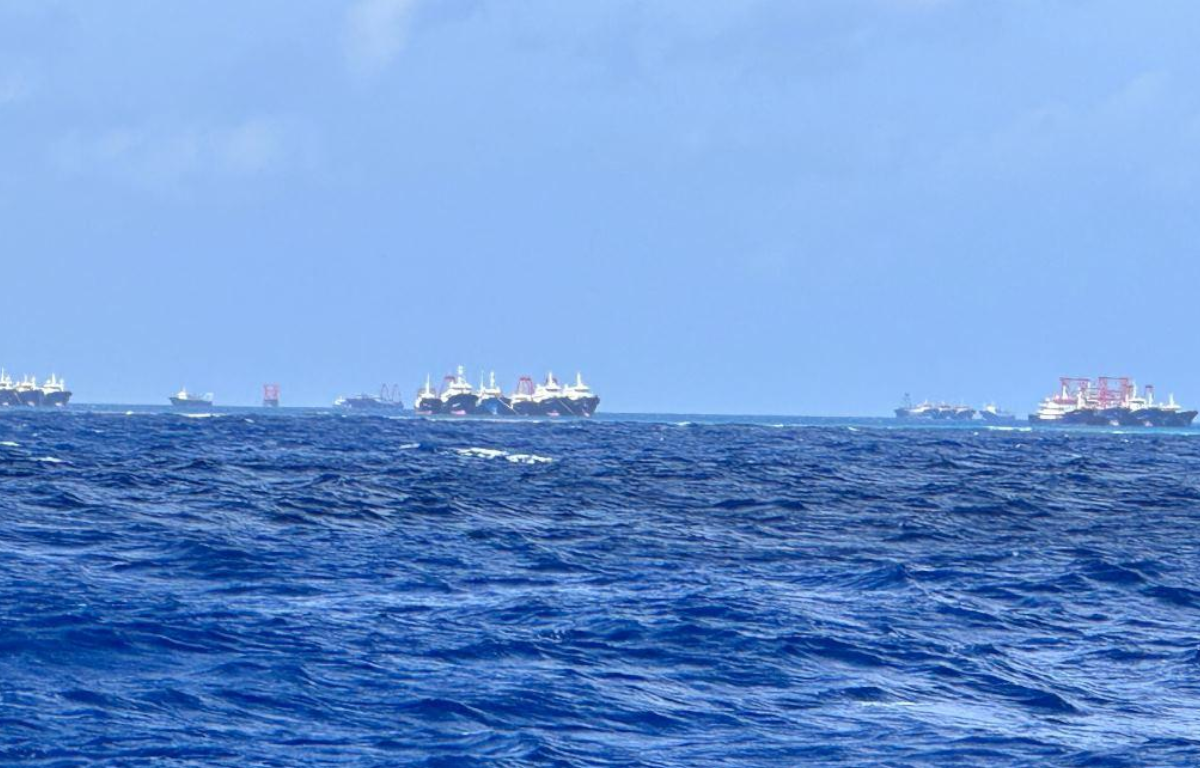
The South China Sea has long been a contentious area, with overlapping territorial claims by several nations, including China, the Philippines, Vietnam, Malaysia, and Taiwan. At the heart of this dispute are potentially vast reserves of natural resources, including fish stocks, oil, and natural gas. The ambiguity and competing claims have led to a complex and often tense geopolitical situation.
For generations, Filipino fishermen have relied on the South China Sea for their livelihoods. They venture out into these waters daily, casting their nets in the hopes of a bountiful catch. However, in recent years, their lives have become increasingly perilous. Chinese Coast Guard ships, enforcing their country’s expansive territorial claims, have been accused of aggressively chasing away Filipino fishing boats.
These encounters are marked by tension and fear. Filipino fishermen, often operating in small and vulnerable vessels, have reported being pursued, harassed, and even rammed by Chinese vessels. The consequences of these actions are severe, as they not only jeopardize the safety of the fishermen but also impede their ability to earn a living.
Despite the challenges they face, Filipino fishermen continue to navigate these hazardous waters. Their determination to provide for their families and communities drives them to return to the South China Sea, day after day. They believe that these waters are part of their heritage, and their rights to fish there are not to be compromised.
Some Filipino fishermen have resorted to documenting their encounters with Chinese Coast Guard ships, sharing videos and images online to raise awareness of their plight. International support and diplomatic efforts have also been crucial in shedding light on this issue.
The treatment of Filipino fishermen in the South China Sea has not gone unnoticed by the international community. Numerous countries and organizations have expressed concern about these incidents. Calls for the peaceful resolution of the South China Sea dispute through dialogue and adherence to international law, particularly the United Nations Convention on the Law of the Sea (UNCLOS), have been made.
The stories of Filipino fishermen being chased away by Chinese Coast Guard ships in the South China Sea highlight the complex and challenging nature of the disputes in this region. These brave fishermen, risking their lives to provide for their families, deserve protection and support. The international community must continue to monitor the situation, advocate for peaceful resolutions, and ensure that the rights and safety of these fishermen are upheld. The South China Sea should be a place of shared prosperity, not a source of conflict and fear for those who depend on it for their livelihoods.










Share this: